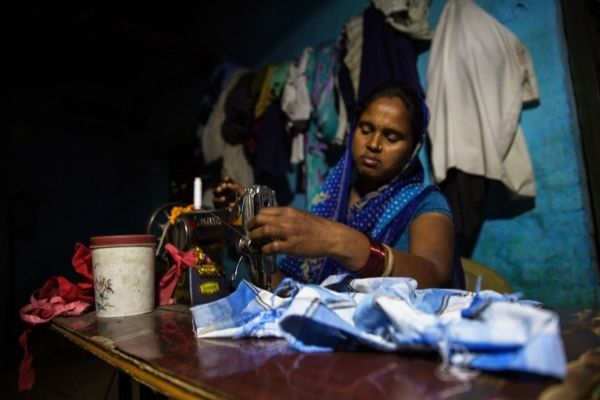
Reviving Nano and Micro Enterprises: Restoring Livelihoods for the Poor in a Post COVID World
The COVID-19 lockdown has negatively affected the livelihoods of a very large number of mostly invisible poor people. These are the self-employed or very small entrepreneurs, who are not being considered in any relief packages of the government or private sector. The Government of India has declared a generous package for MSMEs but the maximum number of people earn their livelihood in micro and nano enterprises, which are off the radar because they are not registered. There is fear that many of these enterprises, which support the informal sector, will fold by the end of the year due to the lockdown. The 73rd round of NSSO surveyed the Unincorporated Non-Agricultural Enterprises in India and estimated that there are around 6.3 crores such enterprises, with over 11 crore people working in them . Nearly 20% of 1 these are women-owned enterprises, mostly home-based. They cover a variety of work from weavers, garment makers, all types of artisans, food producers etc. These enterprises are just enough to ensure the survival of the family, the average annual gross value added of these enterprises is barely 2 lakhs, according to the NSS. Within the SEWA membership large numbers of informal sector workers are either themselves nano-entrepreneurs or else they are part of a family enterprise. We work in a large number of states including Bengal, Bihar, Delhi, Gujarat, Kerala, Madhya Pradesh, Nagaland, Orissa, Punjab, Rajasthan, Uttarakhand and Uttar Pradesh.
